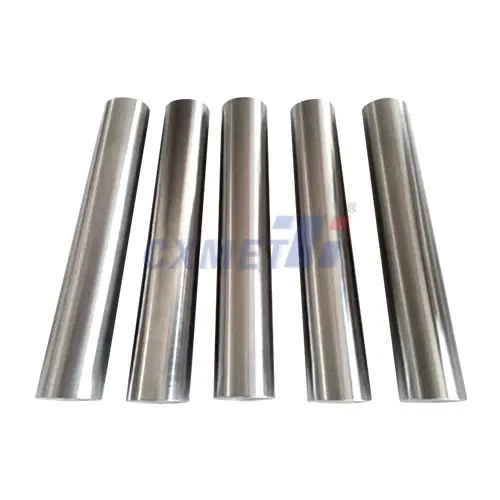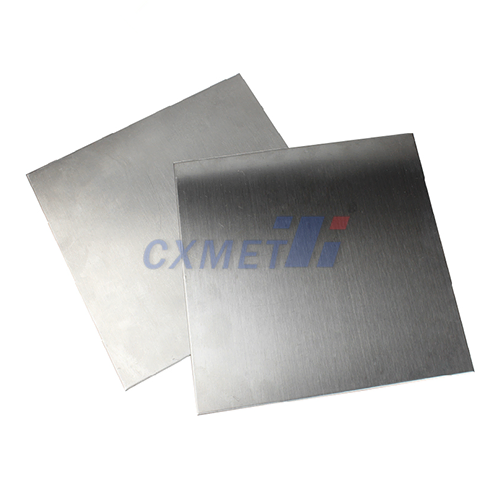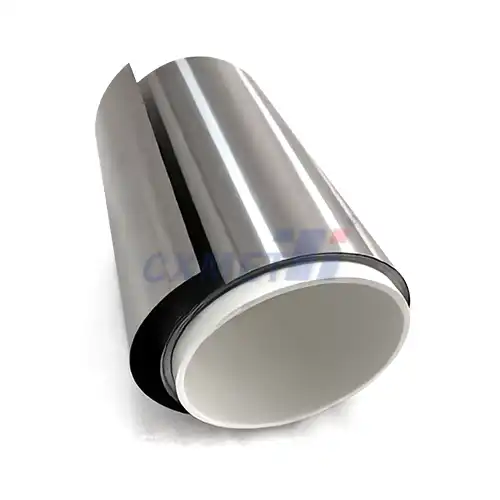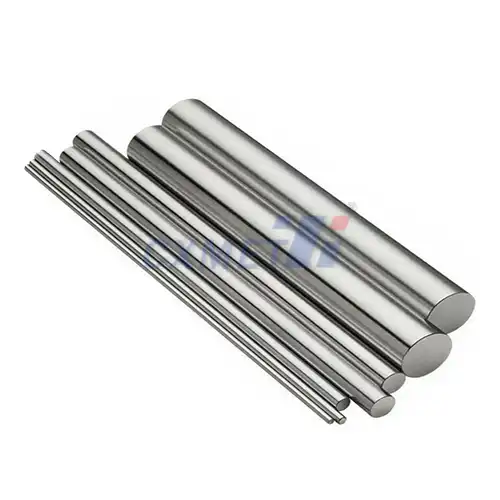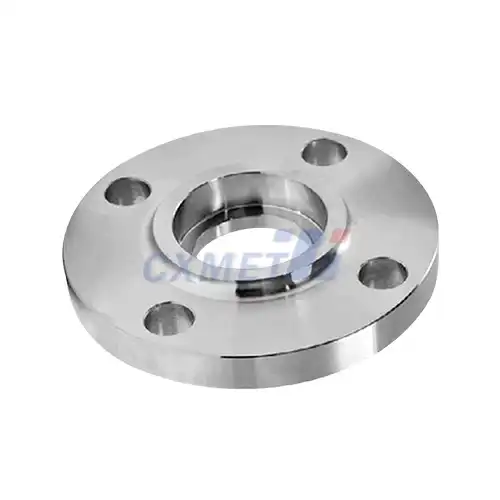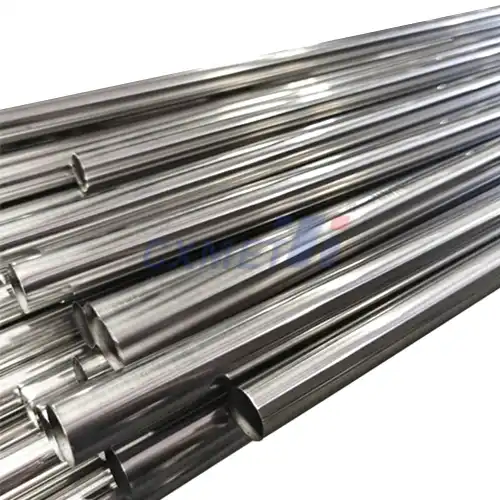- English
- French
- German
- Portuguese
- Spanish
- Russian
- Japanese
- Korean
- Arabic
- Greek
- German
- Turkish
- Italian
- Danish
- Romanian
- Indonesian
- Czech
- Afrikaans
- Swedish
- Polish
- Basque
- Catalan
- Esperanto
- Hindi
- Lao
- Albanian
- Amharic
- Armenian
- Azerbaijani
- Belarusian
- Bengali
- Bosnian
- Bulgarian
- Cebuano
- Chichewa
- Corsican
- Croatian
- Dutch
- Estonian
- Filipino
- Finnish
- Frisian
- Galician
- Georgian
- Gujarati
- Haitian
- Hausa
- Hawaiian
- Hebrew
- Hmong
- Hungarian
- Icelandic
- Igbo
- Javanese
- Kannada
- Kazakh
- Khmer
- Kurdish
- Kyrgyz
- Latin
- Latvian
- Lithuanian
- Luxembou..
- Macedonian
- Malagasy
- Malay
- Malayalam
- Maltese
- Maori
- Marathi
- Mongolian
- Burmese
- Nepali
- Norwegian
- Pashto
- Persian
- Punjabi
- Serbian
- Sesotho
- Sinhala
- Slovak
- Slovenian
- Somali
- Samoan
- Scots Gaelic
- Shona
- Sindhi
- Sundanese
- Swahili
- Tajik
- Tamil
- Telugu
- Thai
- Ukrainian
- Urdu
- Uzbek
- Vietnamese
- Welsh
- Xhosa
- Yiddish
- Yoruba
- Zulu
What are Titanium Blind Flanges Used For?
Titanium Blind Flanges are essential components in various industrial applications, particularly in sectors that demand high-performance materials capable of withstanding extreme conditions. These specialized flanges serve as robust sealing elements in piping systems, effectively closing off the end of a pipe, valve, or pressure vessel opening. Made from titanium, these flanges offer exceptional corrosion resistance, strength-to-weight ratio, and durability, making them ideal for use in challenging environments such as chemical processing, offshore oil and gas, aerospace, and marine industries.
How do Titanium Blind Flanges differ from other types of flanges?
Titanium Blind Flanges stand out from other flange types due to their unique material properties and specific design features. Unlike standard flanges made from materials such as steel or stainless steel, titanium flanges offer several distinct advantages:
1. Superior Corrosion Resistance: Titanium is renowned for its exceptional resistance to corrosion, even in highly aggressive environments. This property makes Titanium Blind Flanges particularly suitable for applications involving seawater, chlorine, and various acids. The natural oxide layer that forms on titanium's surface provides a protective barrier, ensuring long-term reliability and reduced maintenance requirements.
2. Lightweight Yet Strong: One of the most significant differences between titanium and other flange materials is its impressive strength-to-weight ratio. Titanium Blind Flanges are considerably lighter than their steel counterparts while maintaining comparable or even superior strength. This characteristic is especially beneficial in applications where weight reduction is crucial, such as aerospace or offshore platforms, as it can lead to overall system weight savings and improved efficiency.
3. Temperature Resistance: Titanium exhibits excellent performance across a wide temperature range. Titanium Blind Flanges can maintain their structural integrity and sealing properties in both cryogenic conditions and elevated temperatures, making them versatile for various industrial processes.
4. Biocompatibility: In certain specialized applications, such as pharmaceutical or food processing industries, the biocompatibility of titanium becomes a crucial factor. Titanium Blind Flanges do not react with biological tissues or fluids, ensuring product purity and safety.
5. Design Flexibility: Due to titanium's unique properties, Titanium Blind Flanges can be designed with thinner walls compared to other materials without compromising strength. This allows for more compact and efficient piping systems in space-constrained environments.
6. Non-magnetic Properties: Titanium is non-magnetic, which can be advantageous in applications where magnetic interference needs to be minimized, such as in certain scientific instruments or specialized industrial equipment.
These distinguishing features make Titanium Blind Flanges the preferred choice in many critical applications where performance, reliability, and longevity are paramount.
What are the advantages of using Titanium Blind Flanges in industrial applications?
The use of Titanium Blind Flanges in industrial applications offers numerous advantages that contribute to enhanced performance, safety, and cost-effectiveness over the long term:
1. Extended Lifespan: The exceptional corrosion resistance of titanium translates to a significantly longer operational life for Titanium Blind Flanges. This extended lifespan reduces the frequency of replacements, minimizing downtime and maintenance costs in industrial processes.
2. Chemical Compatibility: Titanium's inertness to a wide range of chemicals makes Titanium Blind Flanges ideal for use in chemical processing plants, where exposure to aggressive substances is common. This compatibility ensures the integrity of the piping system and prevents contamination of processed materials.
3. Weight Reduction: In large-scale industrial installations, the use of Titanium Blind Flanges can lead to substantial weight savings. This is particularly beneficial in offshore platforms, where reduced weight can improve structural stability and lower transportation and installation costs.
4. Thermal Efficiency: Titanium's low thermal conductivity can be advantageous in applications where heat transfer needs to be minimized. This property can help maintain process temperatures and reduce energy losses in certain industrial systems.
5. Improved Safety: The high strength and reliability of Titanium Blind Flanges contribute to enhanced safety in high-pressure systems. Their resistance to cracking and fatigue ensures a lower risk of failure, which is crucial in industries dealing with hazardous materials or extreme operating conditions.
6. Cost-effectiveness: While the initial cost of Titanium Blind Flanges may be higher than that of flanges made from more common materials, their long-term cost-effectiveness is often superior. Reduced maintenance, longer service life, and improved process efficiency can result in significant savings over the lifespan of the equipment.
7. Environmental Benefits: The durability and corrosion resistance of Titanium Blind Flanges contribute to reduced waste and environmental impact. Fewer replacements mean less material consumption and disposal, aligning with sustainable industrial practices.
8. Customization Potential: Titanium's properties allow for greater design flexibility, enabling the creation of custom Blind Flanges tailored to specific industrial requirements. This adaptability can lead to optimized performance in unique or challenging applications.
9. Resistance to Erosion: In applications involving high-velocity fluids or abrasive materials, Titanium Blind Flanges demonstrate superior erosion resistance compared to many other materials. This property is particularly valuable in the oil and gas industry, where erosion can be a significant concern.
10. Compatibility with Advanced Coatings: When even greater corrosion resistance is required, Titanium Blind Flanges can be further enhanced with specialized coatings. The inherent properties of titanium make it an excellent base material for advanced surface treatments, expanding its applicability in extreme environments.
How are Titanium Blind Flanges manufactured and installed?
The manufacturing and installation of Titanium Blind Flanges involve specialized processes to ensure the highest quality and performance:
Manufacturing Process:
1. Material Selection: The process begins with the careful selection of high-grade titanium alloys, typically Grade 2 or Grade 5 (Ti-6Al-4V), depending on the specific application requirements.
2. Forging: Titanium billets are heated and forged into the rough shape of the flange. This process enhances the material's strength and ensures uniform grain structure.
3. Machining: Precision CNC machining is used to achieve the final dimensions and surface finish of the flange. This step includes creating bolt holes, gasket surfaces, and any required markings.
4. Heat Treatment: Depending on the titanium grade and application, heat treatment may be performed to optimize the mechanical properties of the flange.
5. Surface Finishing: The flange undergoes surface treatments such as pickling or passivation to enhance its corrosion resistance and remove any contaminants from the manufacturing process.
6. Quality Control: Rigorous inspections, including dimensional checks, material composition analysis, and non-destructive testing (e.g., ultrasonic testing), are conducted to ensure the flange meets all specifications.
Installation Process:
1. Preparation: The mating surfaces of the pipe or vessel and the Titanium Blind Flange are thoroughly cleaned and inspected for any damage or irregularities.
2. Gasket Selection: A compatible gasket material is chosen based on the application's pressure, temperature, and chemical exposure conditions.
3. Alignment: The Titanium Blind Flange is carefully aligned with the mating flange or nozzle to ensure proper seating of the gasket.
4. Bolt Installation: High-quality, corrosion-resistant bolts and nuts are used to secure the flange. Care is taken to prevent galvanic corrosion by using appropriate materials or insulating washers.
5. Torquing: The bolts are tightened in a specific sequence and to a predetermined torque value to ensure even compression of the gasket and proper sealing.
6. Leak Testing: After installation, the system is typically pressure-tested to verify the integrity of the seal and detect any potential leaks.
7. Insulation and Protection: In some applications, additional insulation or protective coatings may be applied to the installed flange to enhance its performance or protect it from external factors.
The manufacturing and installation of Titanium Blind Flanges require specialized knowledge and skills to ensure optimal performance and longevity. Proper handling, storage, and maintenance procedures are also crucial to preserve the integrity of these high-performance components throughout their service life.
At SHAANXI CXMET TECHNOLOGY CO., LTD, we take pride in our extensive product range, which caters to diverse customer needs. Our company is equipped with outstanding production and processing capabilities, ensuring the high quality and precision of our products. We are committed to innovation and continuously strive to develop new products, keeping us at the forefront of our industry. With leading technological development capabilities, we are able to adapt and evolve in a rapidly changing market. Furthermore, we offer customized solutions to meet the specific requirements of our clients. If you are interested in our products or wish to learn more about the intricate details of our offerings, please do not hesitate to contact us at sales@cxmet.com. Our team is always ready to assist you.
References:
1. ASTM International. (2021). "Standard Specification for Titanium and Titanium Alloy Forgings."
2. Metallic Materials Properties Development and Standardization (MMPDS). (2023). "Handbook of Titanium and Titanium Alloys."
3. American Society of Mechanical Engineers. (2022). "ASME B16.5: Pipe Flanges and Flanged Fittings."
4. Titanium Industries, Inc. (2024). "Titanium Flanges: Properties and Applications."
5. Corrosion Materials. (2023). "Titanium Blind Flanges in Corrosive Environments."
6. Journal of Materials Engineering and Performance. (2022). "Advances in Titanium Flange Manufacturing Techniques."
7. Offshore Technology Conference Proceedings. (2023). "Use of Titanium Flanges in Deepwater Applications."
8. Chemical Engineering Magazine. (2024). "Selecting the Right Flange Material for Chemical Processing."
9. Aerospace Materials and Technology Conference. (2023). "Lightweight Titanium Components in Aircraft Systems."
10. International Journal of Pressure Vessels and Piping. (2022). "Performance Evaluation of Titanium Flanges under Extreme Conditions."
